People who predicted the internet decades early
Throughout the annals of history, certain individuals have envisioned technological advancements far ahead of their time. These visionaries foresaw the potential of a connected world, long before the internet became a reality.
Their insights not only sparked imaginations but also laid the groundwork for the digital age we live in today. It’s fascinating to explore how their ideas, once considered fantastical, have shaped our present and continue to influence future innovations.
The Dream of a Global Network: Nikola Tesla
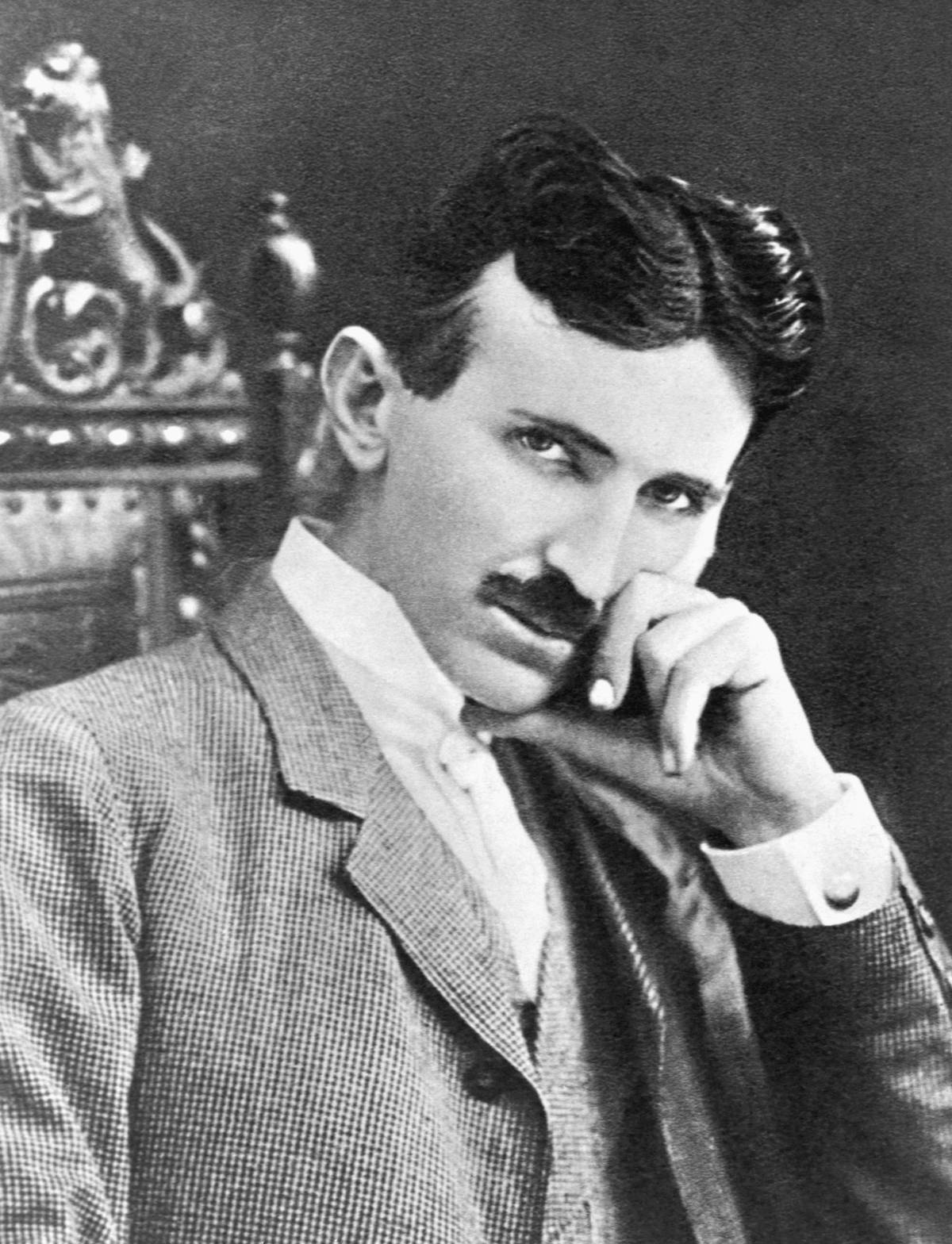
Nikola Tesla is best known for his contributions to the development of alternating current electricity, but he also had grand visions of a global wireless communication system. In the early 1900s, Tesla imagined a “World Wireless System” that could transmit information across the globe.
While the technology of his time couldn’t support such a network, Tesla’s ideas were a precursor to the internet. His vision laid the foundation for modern wireless communication, demonstrating his incredible foresight.
Vannevar Bush and His Memex Machine
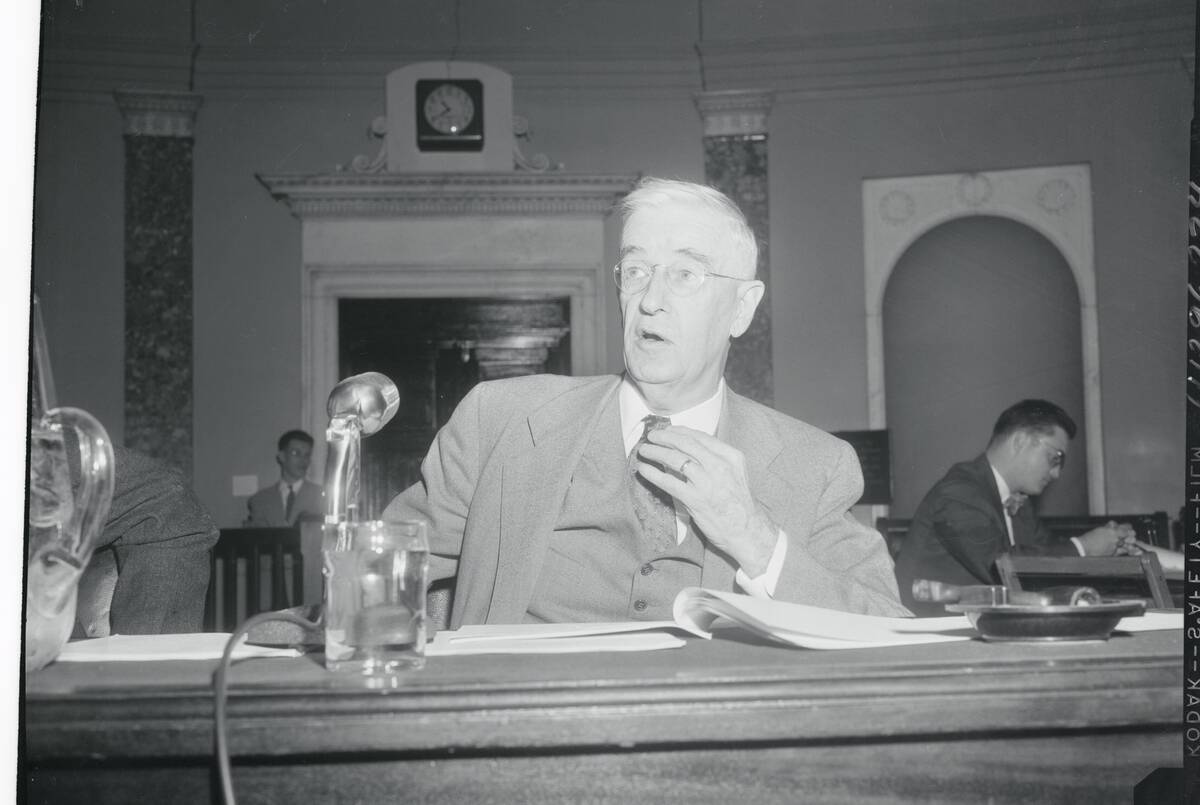
In 1945, Vannevar Bush introduced the concept of the “Memex,” a theoretical machine designed to enhance human memory and information retrieval. Through the use of microfilm, Bush’s Memex would allow users to store and access vast amounts of information, much like a personal computer today.
His vision of a device that could link pieces of information together is considered a precursor to hypertext and the World Wide Web. Bush’s work inspired future generations to explore the possibilities of information technology.
The Futuristic Thoughts of Arthur C. Clarke
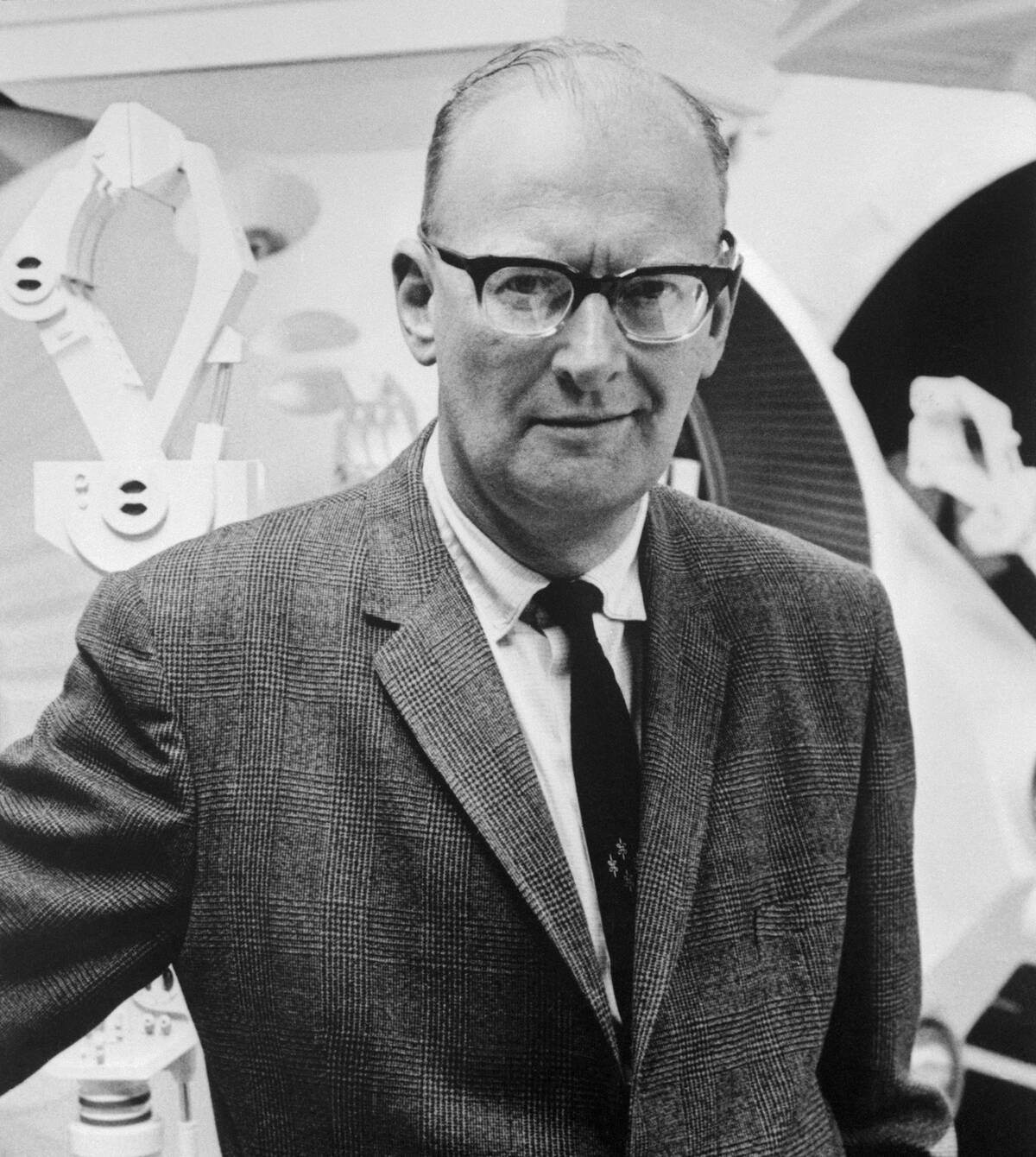
Arthur C. Clarke, a prolific science fiction writer, predicted many technological advancements that have since become reality. In a 1964 BBC broadcast, Clarke famously predicted that communication satellites would revolutionize global communication, a vision that came true within decades.
His works, like “2001: A Space Odyssey,” explored themes of artificial intelligence and space travel, sparking curiosity and inspiring technological innovation. Clarke’s ideas continue to captivate and challenge our understanding of the future.
J.C.R. Licklider: The Man Behind “Intergalactic Computer Network”
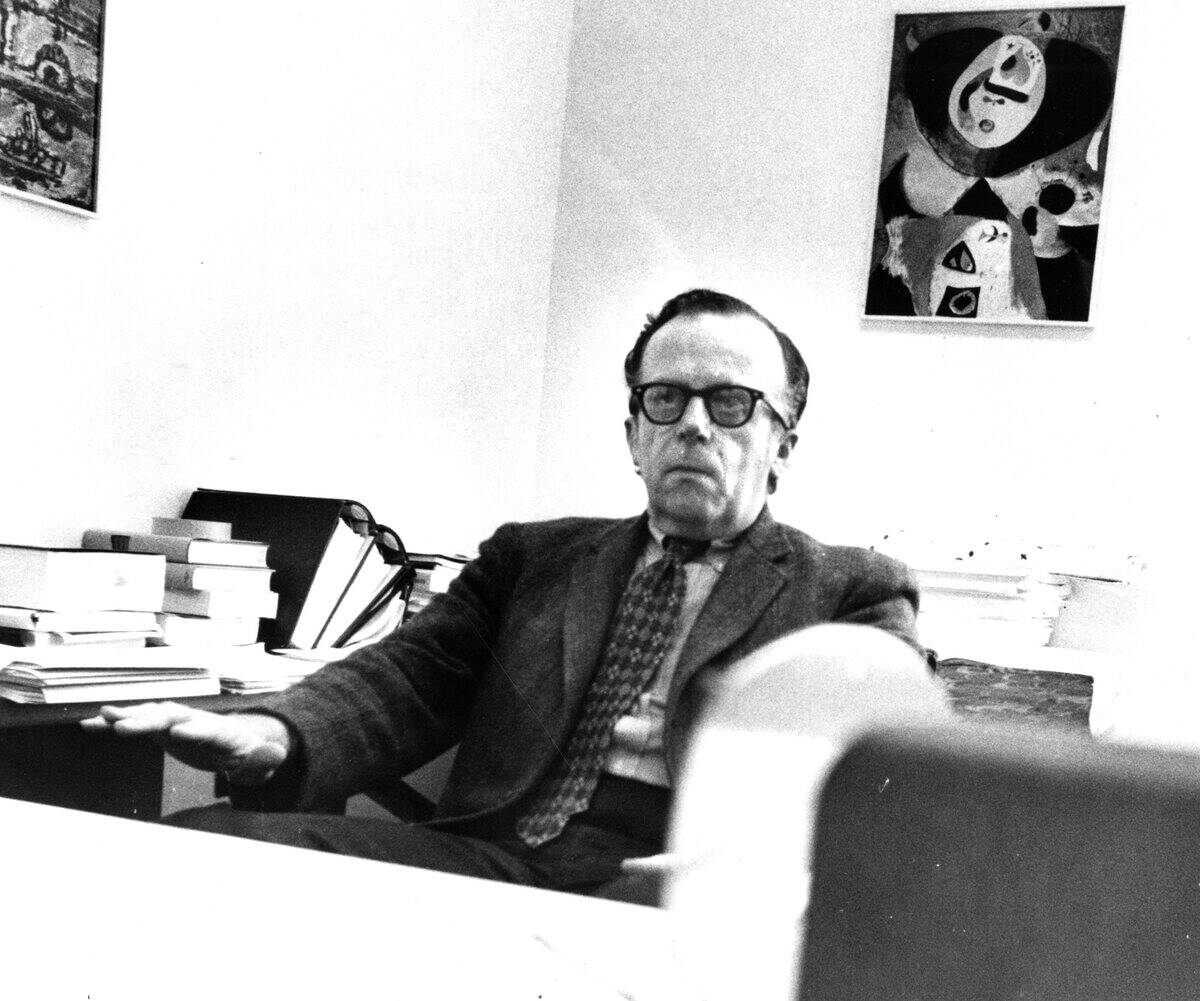
J.C.R. Licklider was a visionary computer scientist who foresaw a future where computers would be interconnected, sharing resources and information across vast distances. In the early 1960s, he coined the term “Intergalactic Computer Network,” a concept that eventually evolved into the ARPANET, the precursor to the internet.
Licklider’s vision of a globally connected network of computers was instrumental in the development of modern internet infrastructure, shaping the way we communicate and access information today.
The Influence of Douglas Engelbart’s Augmenting Human Intellect
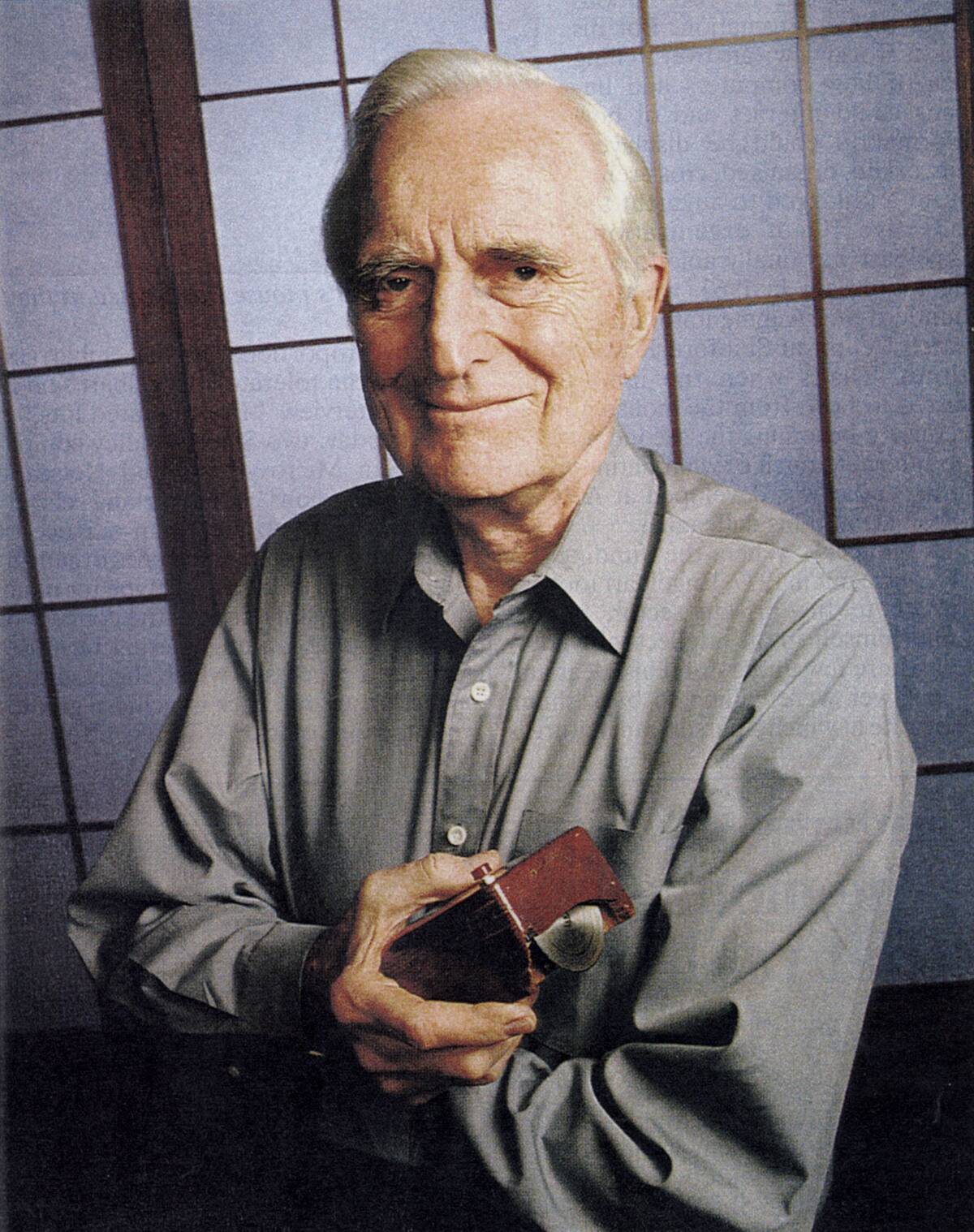
Douglas Engelbart was a pioneer in human-computer interaction, best known for inventing the computer mouse. His 1962 paper, “Augmenting Human Intellect: A Conceptual Framework,” outlined his vision for using computers to enhance human capabilities.
Engelbart’s work laid the foundation for modern user interfaces and collaborative computing technologies. His ideas about augmenting human intellect through technology continue to influence the development of tools that enhance productivity and creativity in the digital age.
Ted Nelson: Co-Creator of Hypertext

Ted Nelson is a key figure in the development of hypertext, a system that allows text to be linked and accessed non-linearly. In the 1960s, Nelson conceptualized a global network of linked documents, which he called “Xanadu.”
His work on hypertext was pivotal in the creation of the World Wide Web, as it provided the framework for linking information across the internet. Nelson’s vision of a connected world has become a reality, influencing how we navigate and share information online.
Marshall McLuhan and the Global Village Concept
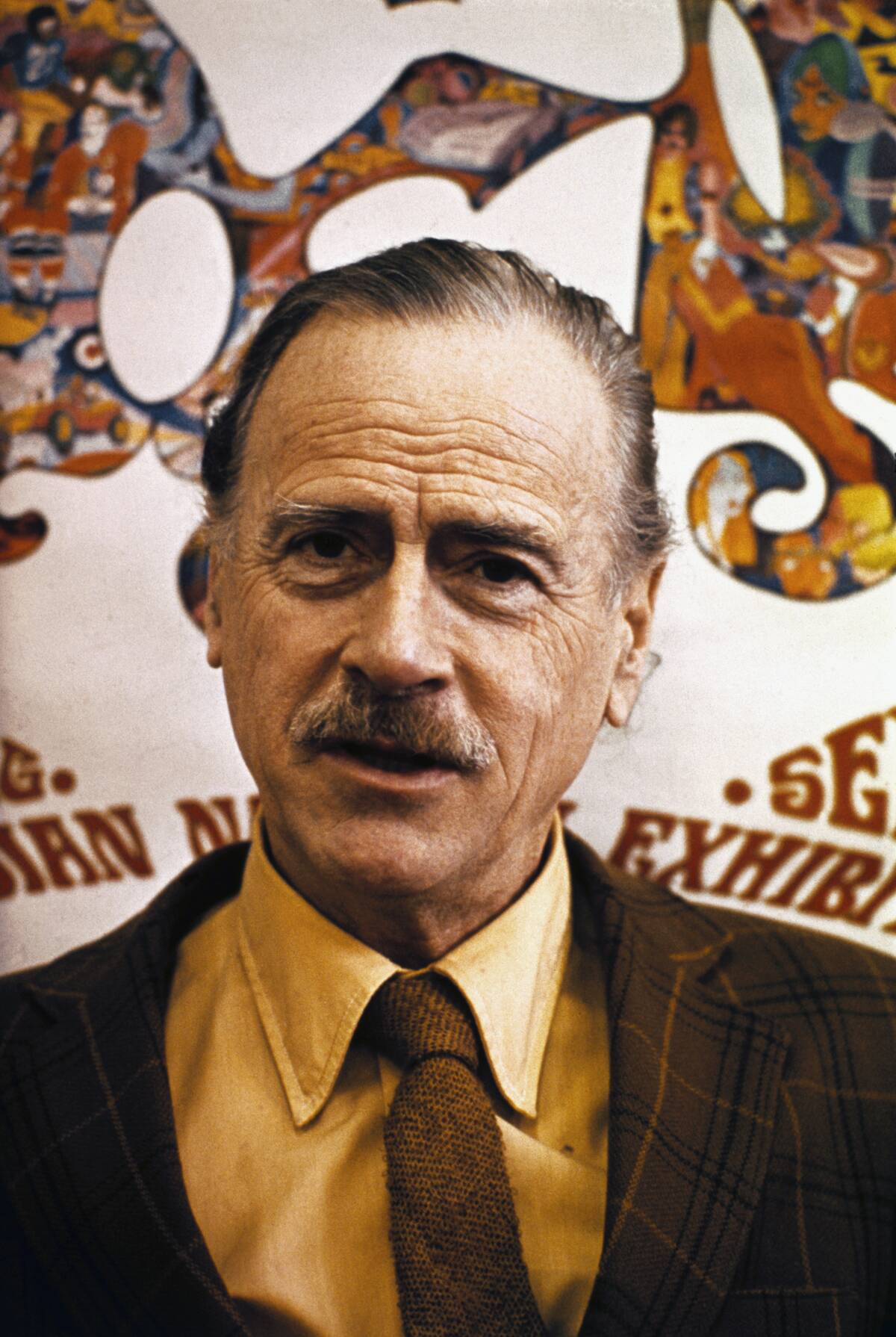
Marshall McLuhan was a renowned media theorist who coined the term “global village” in the 1960s. He predicted that electronic media would transform the world into a tightly-knit community, where information could be shared instantaneously across the globe.
McLuhan’s ideas about the impact of media on society anticipated the rise of the internet and social media. Today, his concept of a global village is more relevant than ever, as digital technologies continue to shrink the world.
Isaac Asimov’s Predictions in Science Fiction
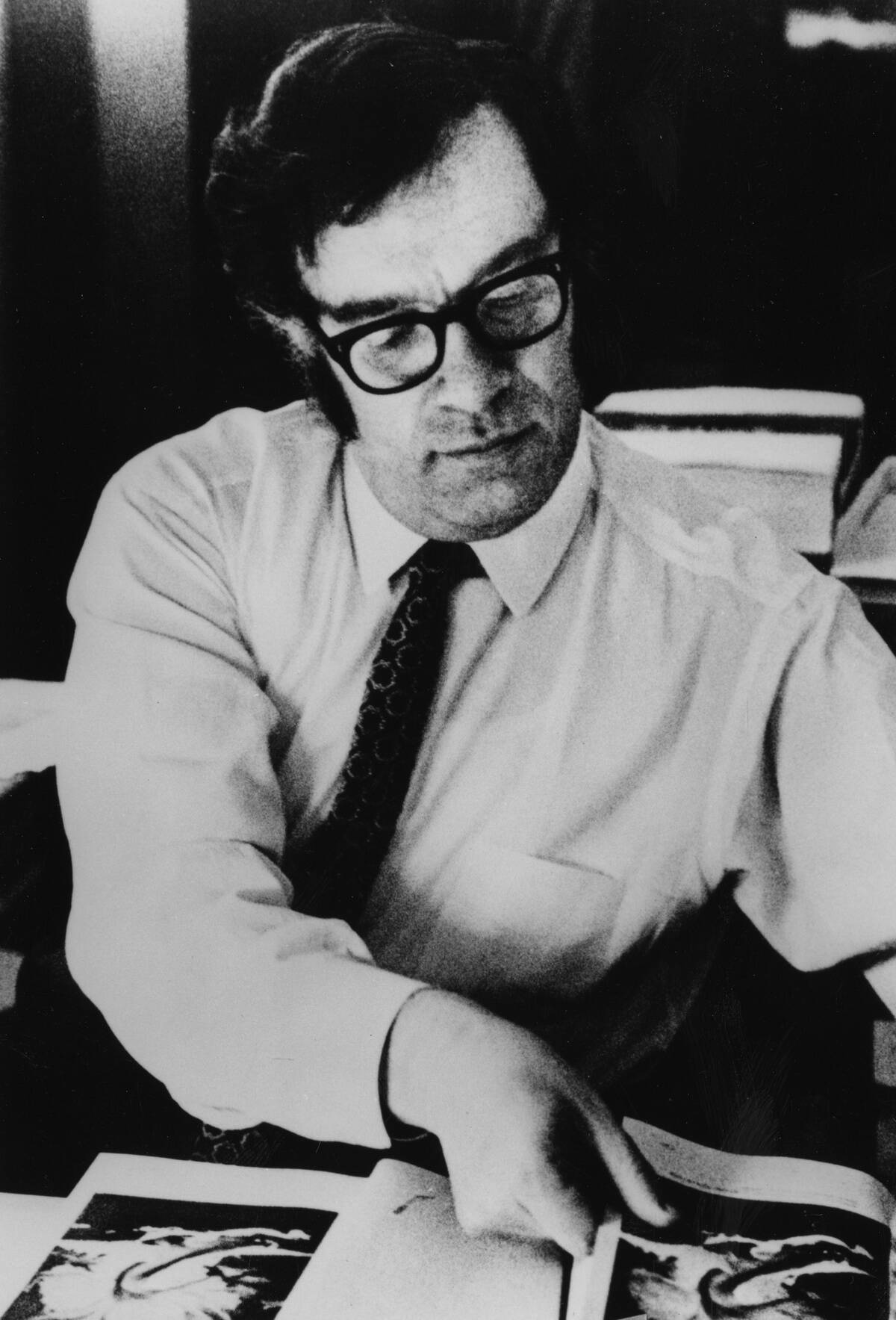
Isaac Asimov, a prolific science fiction writer, made numerous predictions about the future of technology and its impact on society. In his works, Asimov explored themes such as robotics, artificial intelligence, and space exploration.
His “Foundation” series envisioned a future where vast networks of information could be accessed instantly, much like the internet today. Asimov’s imaginative storytelling has inspired generations of scientists and technologists to explore the possibilities of the future.
Paul Otlet’s Mundaneum: The ‘Analog’ Internet

Belgian bibliographer Paul Otlet was a pioneer of information science, envisioning a system he called the “Mundaneum” in the early 20th century. He imagined a world where all knowledge could be stored and accessed through a network of interconnected documents.
Otlet’s idea of a “universal book” was remarkably similar to the concept of the internet. Though his vision was limited by the technology of his era, it highlighted the potential for a global information network long before its time.
The Anticipatory Ideas of Ray Bradbury

Ray Bradbury was a master storyteller known for his ability to envision the future in his works. In novels like “Fahrenheit 451,” Bradbury explored the consequences of technology on society, touching on themes like censorship and the loss of human connection.
His use of technology as a narrative device highlighted the potential for both progress and peril in a rapidly advancing world. Bradbury’s cautionary tales continue to resonate, reminding us to consider the ethical implications of technological innovation.
Philip K. Dick’s Visionary Works
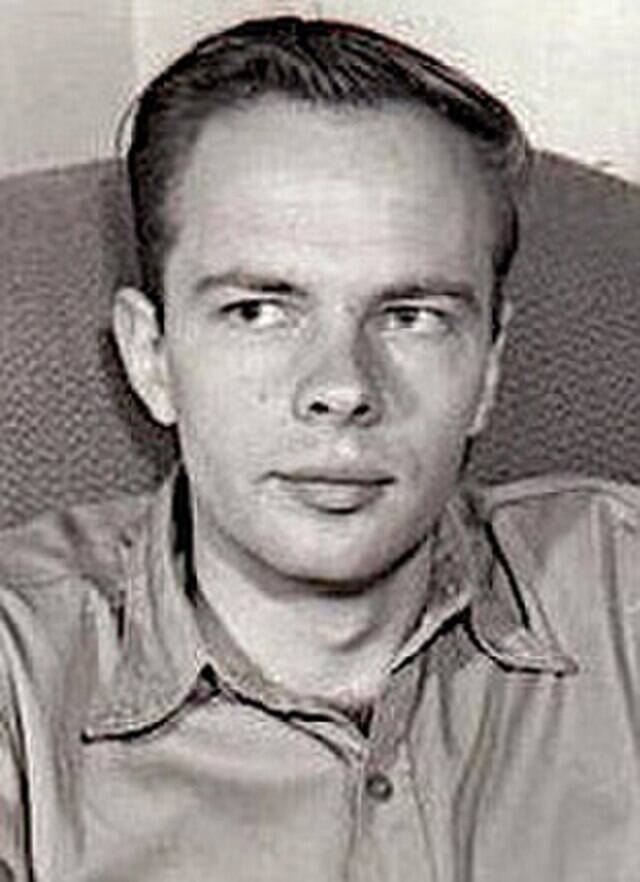
Philip K. Dick was a groundbreaking science fiction writer who explored the nature of reality, identity, and consciousness in his works. Novels like “Do Androids Dream of Electric Sheep?” and “Ubik” delved into themes of artificial intelligence and virtual realities.
Dick’s exploration of these concepts anticipated many of the questions we face today in the age of digital technology. His stories challenge us to consider the impact of technology on our perceptions of reality and self.
The Evolution of the Internet Concept in Early Sci-Fi Films
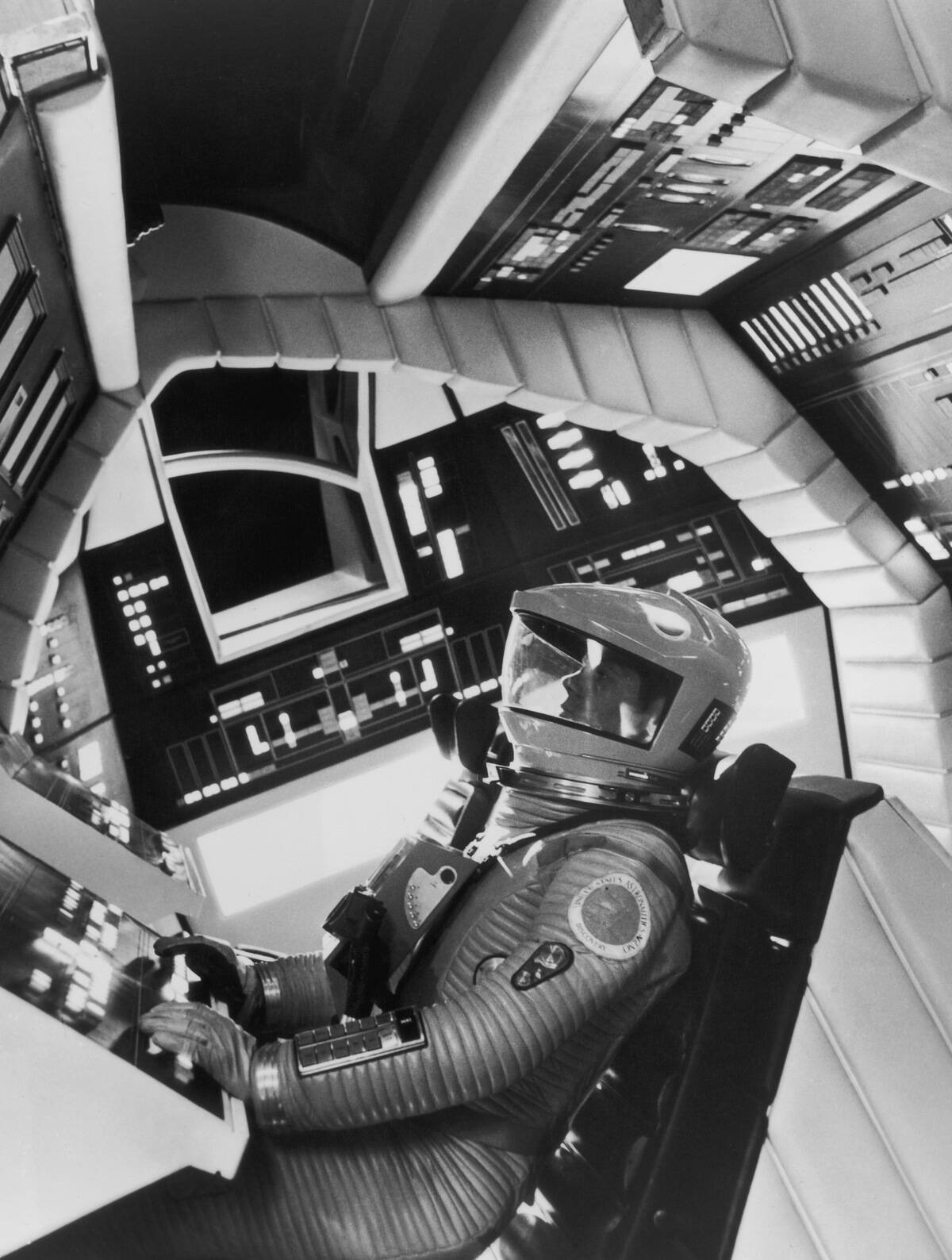
Early science fiction films often depicted futuristic technologies that resemble today’s internet. Movies like “Metropolis” and “2001: A Space Odyssey” showcased ideas of advanced communication systems and interconnected networks.
These films not only entertained audiences but also sparked curiosity and imagination about the future of technology. The portrayal of these concepts in cinema helped shape public perception of the possibilities of a connected world, inspiring future generations to turn science fiction into reality.
The Role of DARPA and Early Internet Pioneers
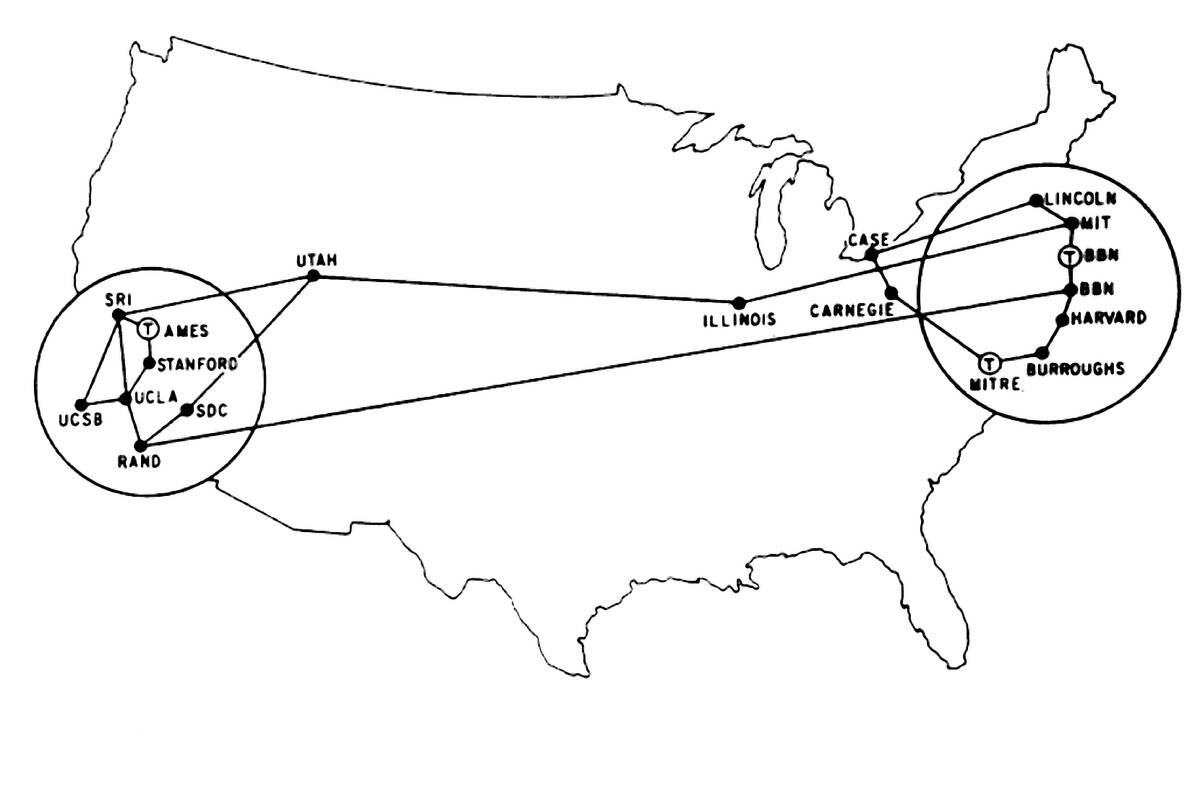
The Defense Advanced Research Projects Agency (DARPA) played a crucial role in the development of the internet. In the late 1960s, DARPA funded the creation of the ARPANET, the first packet-switching network.
This groundbreaking project laid the foundation for the modern internet, connecting researchers and institutions across the United States. Pioneers like Bob Taylor and Vint Cerf were instrumental in the development of these technologies, transforming the way we communicate and share information globally.
How These Predictions Shaped Modern Internet Reality

The visionary ideas of early thinkers and creators have significantly influenced the development of the modern internet. Concepts like hypertext, global communication, and interconnected networks were once the realm of science fiction but are now integral to our daily lives.
These predictions have shaped the way we interact with technology, driving innovation and inspiring the creation of new tools and platforms. As we continue to explore the possibilities of the digital age, the legacy of these visionaries remains a guiding light.
The Cultural Impact of Early Internet Predictions
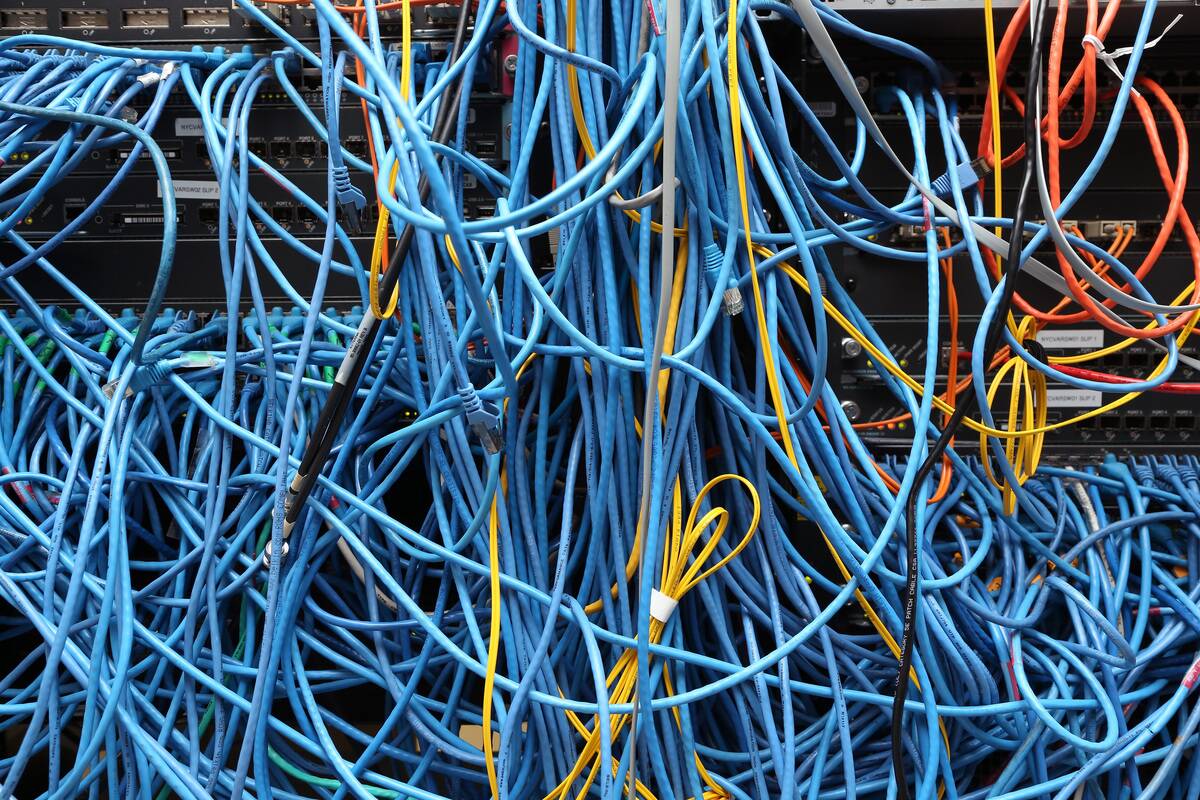
The early predictions of a connected world have not only shaped technology but also influenced culture and society. The internet has transformed how we communicate, work, and access information, breaking down geographical barriers and fostering global collaboration. These visionary ideas have also sparked discussions about privacy, security, and the ethical implications of technology.
As we continue to navigate the digital landscape, the cultural impact of these early predictions serves as a reminder of the profound influence of technology on our lives.



